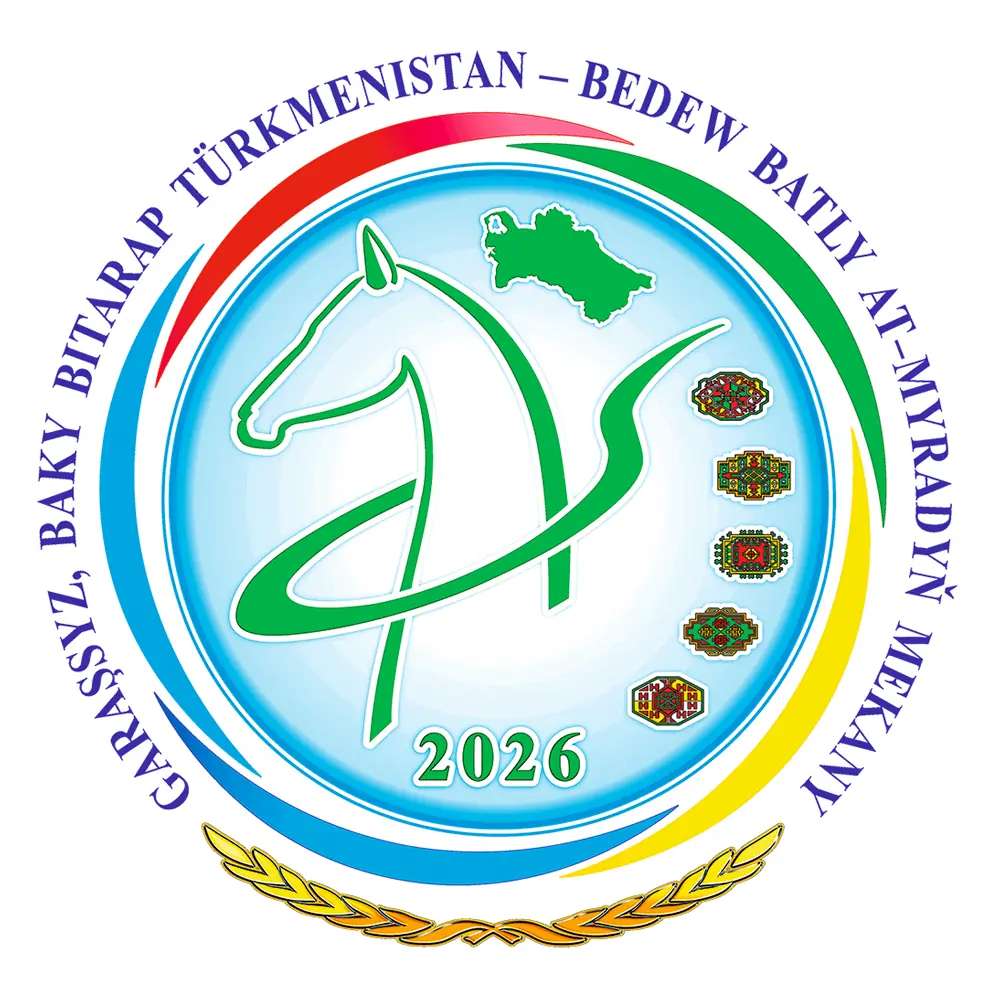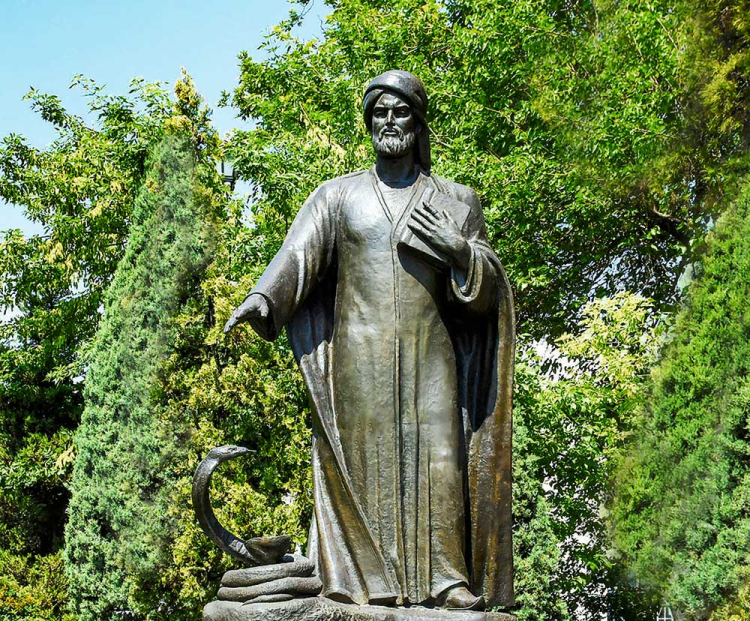
Great attention is paid to the development of sports and mass physical culture is our country
STATE COMMITTEE FOR PHYSICAL CULTURE AND SPORT OF TURKMENISTAN




Abu Ali al-Ḥusayn bin Abdullah ibn al-Ḥasan bin Ali bin Sina is the most famous and influential philosopher and scholar of the medieval world. He is known as Avicenna in the West. It is difficult to list all the talents of the great scholar, because he is known as a doctor, philosopher, mathematician, musician and poet.
The scholar was obsessed with the spirit of research and the desire for encyclopaedic coverage of all modern branches of knowledge. The philosopher was distinguished by his phenomenal memory and sharpness of thought. By the age of 10, he knew the holy Koran by heart, and by the age of 20, he was a famous scholar. One of his phenomenal books on medicine is «The Canon of Medicine», a medical encyclopaedia.
Below are Avicenna’s recommendations and sayings about health:
When a person sweats heavily during sleep, without obvious reason, nutrients accumulate in excess of the bodily requirement.
Movement can replace many drugs, but no drug can ever replace movement.
A disease that are in accord with the nature, age, and season is less dangerous than a disease that are not in accord to these and occurs only due to a significant cause.
Healthy persons should pay due attention to the subject of sleep; it must be moderate, properly timed, and excess must be avoided.
In winter, feebly nutrient foods, like pot-herbs, are not be partaken of. The aliments should be stronger and more solid in texture – such as cereals, legumes, and the like. In summer, the contrary is true.
Nothing can harm the body more than defective milk.
A doctor must have the eyes of a falcon, the hands of a girl, the wisdom of a snake and the heart of a lion.
One of the enemies of the stomach is overfilling, for it does not fatten the glutton’s body, since it does not get well digested, and the body is uncapable of feeding on it.
Distinguish beneficial work from unbeneficial work when it is followed by relief, good appetite, good breathing and normal pulse and, and by nothing the condition of the other functions of the body.
Where there is the false thirst, water should not be taken rapidly and greedily, but drink it in two or three breaths.
The person who stays too long in the bath runs the risk of syncope from the warmth penetrating rapidly to the heart; he feels nausea first.
Anyone who is unable to digest enough food should eat more often, but less.
Excessive sleep dulls the powers of the mind, induces heaviness of the head and a cold temperament.
Exercise should be light for a weak body, and strong for a strong body.
If one ate to excess one day, one should fast the next.
Prepared by Selby BYASHIMOVA,
A student, Turkmen State Institute of Physical Culture and Sports